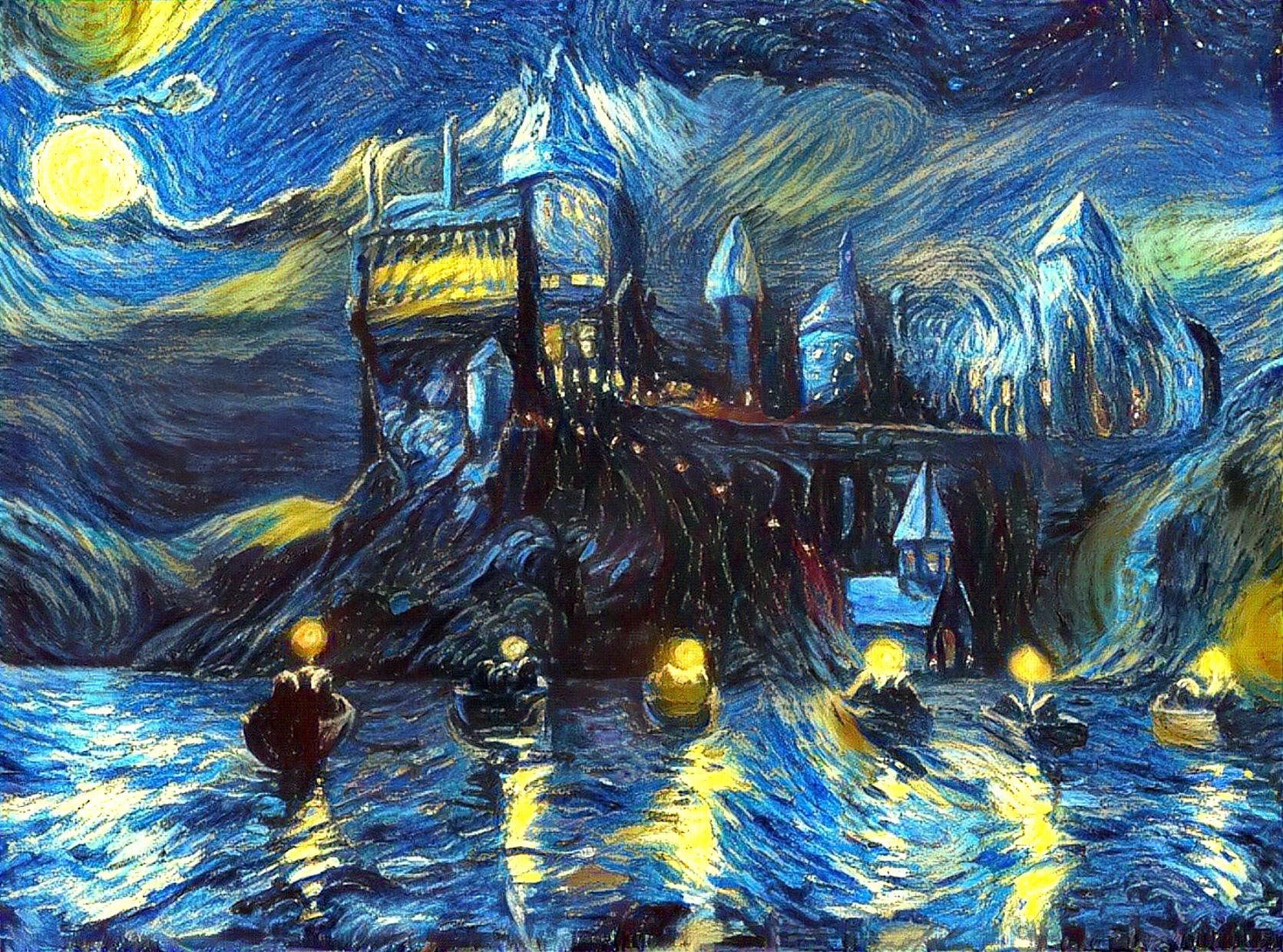The following article was originally published in the The Daily Prophet.
On 1st August, the Hogwarts School of Witchcraft and Wizardry received a notice of closure following multiple instances of defaulting the guidelines set by the newly formed body- Wizardry Training Foundation (W.T.F). Hogwarts, over a thousand years old, is grappling to stay relevant in the midst of the multiple notices it has been served since it came under the purview of the W.T.F circulars and notifications, to be followed by all private schools in the UK. The past few months have been tough on many reputed schools which have adamantly stood by their anti-W.T.F. stand, especially opposing the norms regarding administration and infrastructure.
Minerva McGonagall, the Headmistress of Hogwarts, has had a rather rancorous relationship with the new Minister of Magic, Hon’ble Ms Dolores Umbridge. In an interview with the Daily Prophet in November 2017, Ms McGonagall said, “I generally prefer not to indulge outsiders in school matters, but the recent efforts by external factors to vilify Hogwarts’ reputation warrant a response. That the Minister is by no standards capable of ushering in educational reforms is obvious from her previous attempt at the same as the Headmistress of Hogwarts, which was a disaster of unimaginable proportions. Her current reforms seem to showcase the same lack of understanding of how academia works. The responsibility of educating young witches and wizards should be left to those in the continuous pursuit of academic excellence, and not bureaucrats who revel in curtailing dissent and stifling innovation. Our institution refuses to stand by such a woman, who has been convicted of heinous crimes, and released from Azkaban under murky circumstances.”.
Despite the many protests by the institution, Ms Umbridge holds the position of the Minister. The W.T.F. norms which came into effect starting January 2018 mandate the Governing Boards of all private schools to have 9 out of its 11 members to be appointed by the Department of Education on the recommendation of the Minister of Education, while the Headmistress/Headmaster along with a staff member will complete the Board. Hogwarts, along with a few other private schools vehemently opposed this rule citing interference from the government and loss of autonomy of the institution. The Hogwarts’ Board of Governors has exposed the outright refusal of the institution to cooperate.
The addition of a chapter on Tom Riddle alias Lord Voldemort to the book ‘Great Magicians’ by Bathilda Bagshot, the most commonly used resource for the ‘History of Magic’ subject at all grade levels, and his concurrent removal from the chapters on the ‘Dark Age of Magic’ from all the History books has alarmed the schools. The Ministry officials stated that political differences with the reigning Ministry should not be a reason to taint the reputation of a great wizard like Tom Riddle who made significant advances in the fields of Dark Arts and Post-Mortalisticmagic, and as such, subjective opinions based out of fake facts need to be discarded.
That is not all that has been changed in the syllabus. The Ordinary Wizarding Level (O.W.L.), has been updated to G.R.O.W.L. (General Range of Wizarding Level) with major curriculum changes like removal of ‘Muggle Relations’ and ‘Wizarding in the age of Muggle Technology’, citing them as redundant. This was criticized by many academicians and educationalists, who feel this is a necessary skill for millennial wizards and witches who will inhabit the same society, amongst the muggles. The Ministry referring to wizards’ innate superiority to muggles has refused to acknowledge any value in these subjects.
Hogwarts, with its unique curriculum, tailored to meet the individual needs of its students, has had a history of outperforming its contemporaries. But the institution seems to be losing its edge. Its inability to meet the new infrastructural norms, like the indoor chambers for broom flying classes of Ministry stipulated dimensions, soccer fields, and only 40 other such norms, is being met with criticism. Headmistress McGonagall says that the school, while happy to make changes that will further the students’ intellectual and magical growth, does not see merit in the changes mandated by W.T.F. “We need to take our requirements, time and land resources, and budget into account before beginning work on any of these mandates. Moreover, it is outrageous that these laws apply only to private schools. Is it not pertinent that Ministry-run schools to focus on all-round development as well?” says Headmistress McGonagall.
While Headmistress McGonagall has agreed to fulfil these requirements under pressure, it is unclear how the school will be generating the capital to meet this demands, especially in view of the widespread protests against the proposed fee hike to fulfill the mandates. Hogwarts’ inability to control the fee accompanied with its frequent tiffs with the government are putting the very existence of the institution in question.
A public appeal by Headmistress McGonagall on WizWitchbook has gone viral. It reads as follows:
“For over ten centuries, we at Hogwarts have endeavoured to build an environment conducive for Wizards and Witches, who aim not just of achieving great success but also dream of becoming the wand of change. In virtue of these principles, I feel it is pertinent to speak up now.
I am resorting to WizWitchbook, a platform I joined this very morning, to openly discuss our fee hike decision since there is no other place where I can share my thoughts without the Ministry’s filters. We have been silenced and bullied into following rules which hold little or no merit in terms of the intellectual and magical development of our students.
Now, under the WTF norms, we are required to meet a total of 42 litigations, 18 out of which are infrastructural norms which would require us to restructure, renovate and rebuild a major part of the Hogwarts’ castles. While this may be a piece of paper for the Ministry, for us, it is a major capital-intensive hurdle which our current revenues cannot fulfil.
Hogwarts has always tried to enable good education at minimum costs. Administrative costs, tuition costs, infrastructural maintenance, lodging costs, and other ancillary costs consume all the revenues we generate. Hogwarts, a Budget Private School(BPS) charges fees lower than the Magic Public Schools’(MPS’) per pupil costs and is expected to satisfy input-heavy norms which are very capital intensive.
Many of my fellow wizards and witches are unaware that MPS’ are not required to abide by the WTF norms. This implies that a MPS with more capital at its disposal is expected to spend less than a BPS with lower revenues, while being exempted from the existing capital-intensive rules. Our costs are disproportionately higher than our revenues. How does the Ministry of Magical Education expect us to meet the outrageous requirements with no revenue at our disposal?
Even in the past, Hogwarts has worked in synergy with the Ministry of Magic on various occasions and we hope to continue the same for the benefit of both, the school and the Ministry of Magic. I, the Headmistress of Hogwarts, do not stand by this fee hike as I want Hogwarts to be accessible to one and all. I entreat the government to withdraw its input-heavy norms to support our effort of granting quality education at low costs.”
This appeal was soon taken down from WizWitchbook for its anti-Wizardry nature and a notice has been sent to the Hogwarts’ Board regarding its closure. Only time will tell if Hogwarts and its huge alumni network are able to prevent the closure. But Hogwarts sure is in some muddy waters and a precarious choice for young wizards and witches who are currently studying at Hogwarts.
Post Disclaimer
The opinions expressed in this essay are those of the authors. They do not purport to reflect the opinions or views of CCS.






